BLOG
Categories
Resources for Special Needs in Adoption: Essential Education and Therapy Insights
Understanding Special Needs in Adoption
Adopted children with special needs may face unique challenges that require understanding from caregivers. Trauma, disabilities, and behavioral disorders often play a role in these needs.
Types of Special Needs in Adopted Children
Children in special needs adoptions can have a range of conditions. Fetal alcohol syndrome and attachment disorders are common.
These issues affect behavior and learning abilities. Sometimes, special needs come from being post-institutionalized in orphanages.
This may cause developmental delays. Children with disabilities might require therapy to improve mobility and communication.
Each condition affects a child's life differently.
Challenges Faced by Adopted Children with Special Needs
The challenges are both emotional and educational. Many adopted children experience issues related to their attachment disorders.
They may struggle with forming bonds. Behavioral disorders often cause problems in school.
Special needs children may face stigma. This can affect their confidence.
Social interactions might be difficult. In school, learning difficulties are common.
These can cause frustration. Your role in providing support helps mitigate these struggles.
Impacts of Trauma and Prior Experiences
Trauma from past experiences influences behavior. Traumatized children might have trust issues.
Anxiety can be a constant presence. Life in an orphanage, especially for post-institutionalized children, can lead to attachment issues.
Early neglect might worsen the situation. Prior experiences such as inconsistency in care affect emotional development.
Understanding these impacts is critical. Supporting adopted children emotionally fosters healing and growth.
Educational Resources for Adopted Children With Special Needs
Adopted children with special needs often require distinct educational resources. Success for these children frequently hinges on accessing tailored programs and advocating for personalized plans.
Effectively using inclusive classrooms and leveraging assistive technology for learning are also important.
Special Education Programs and Services
Special education programs are crucial for adopted children with special needs. These programs offer personalized instruction, specialized teaching strategies, and resources tailored to each child's disability and learning needs.
Schools may provide services such as speech therapy, occupational therapy, and counseling. Understanding family dynamics and children's disabilities plays a vital role in choosing the right program.
Families can often find support networks and additional resources through services like the Special Kids Network or adoption organizations that work with local school districts.
Advocating for Individualized Education Plans (IEPs)
An Individualized Education Plan (IEP) is a key tool for addressing the educational requirements of children with special needs. As a parent or guardian, your involvement in developing and reviewing the IEP is essential.
This plan should outline specific goals, accommodations, and support tailored to your child's needs. IEPs require active advocacy to ensure they reflect your child's best interests.
Engage with educators and special education professionals. Use resources like adoption subsidies or adoption assistance to facilitate extra support both inside and outside the classroom.
Inclusive Classrooms and Mainstreaming Support
Inclusive classrooms aim to integrate children with special needs into mainstream education settings. This approach provides exposure to a broader social environment, benefiting children by fostering acceptance and understanding among peers.
Schools may offer mainstreaming support to assist children in transitioning smoothly into these environments. Such support can include peer tutors, resource rooms, and classroom aides.
Adoption support groups can also help families navigate these experiences and share strategies for success.
Accessing Learning Accommodations and Assistive Technology
Learning accommodations and assistive technology are critical for helping adopted children with special needs reach their full educational potential. Accommodations might include extended time on tests, modified assignments, or preferential seating.
Assistive technology can encompass a variety of tools such as text-to-speech programs, communication devices, and educational apps. Schools and community resources often provide guidance on accessing these technologies.
Parents should explore options through consultations with specialists or by reaching out to educational support networks focused on adoption and special needs.
Therapy and Healing Approaches for Adopted Children
Therapy for adopted children focuses on fostering strong attachments and addressing emotional and behavioral challenges. It is important to use tailored methods that support healing and growth.
Specialized training can help parents and therapists work effectively with adopted children.
Attachment-Focused Therapy Options
Building secure attachments is crucial for adopted children. Attachment-focused therapies, like Trust-Based Relational Intervention (TBRI), emphasize creating safe environments and nurturing relationships.
The Connected Child is a resource that provides insights into understanding and meeting these children's needs. These therapies often involve playing and eye contact to strengthen bonds.
They help in rebuilding trust and reducing fears. Therapists work closely with families to ensure consistent approaches are maintained at home.
Addressing Behavioral and Emotional Challenges
Adopted children may face unique behavioral and emotional issues, such as anxiety or difficulties in adjusting. It's important to identify triggers and work on developing coping skills.
Techniques like Cognitive Behavioral Therapy (CBT) can be effective. Therapists often use role-play and storytelling to help children express themselves.
Behavior charts can be beneficial in recognizing progress and encouraging positive behavior. Working as a team with parents reinforces these strategies.
Therapeutic Strategies for Reactive Attachment Disorder
Reactive Attachment Disorder (RAD) occurs when children have difficulty forming proper attachments. Specialized interventions are needed.
Therapies like Dyadic Developmental Psychotherapy (DDP) focus on developing trust and security. Sessions might involve direct interaction between the therapist and the child, aiming to encourage emotional connection.
Parents learn techniques that promote warmth and understanding. Consistent reassurance and support are key in these situations.
Parent Training and Therapeutic Parenting Techniques
Educating parents on therapeutic parenting is vital for supporting adopted children. Parent Training programs provide skills to manage challenging behavior while nurturing strong bonds.
Understanding psychological impacts can guide better responses. Books like Parenting the Hurt Child offer practical advice on improving parenting methods.
Encouraging open communication between parents and children helps address needs effectively. Investing time in daily interactions promotes healing and fosters resilience in children.
Support Services and Community Resources

Families adopting children with special needs can access a variety of support services and community resources. Understanding these resources can help navigate the adoption journey.
These supports provide ongoing care for adoptive families.
Accessing Post-Adoption Services
Post-adoption services are vital for families to adjust and thrive. Programs such as counseling and parent education provide insightful guidance and assistance.
Organizations like the Child Welfare Information Gateway offer lists of resources including therapy and support groups. You can reach out to your state’s Department of Human Services for more localized support.
For instance, the Pennsylvania Department of Human Services offers support programs tailored to specific needs, such as respite care and therapeutic services.
Support Groups and Peer Support for Families
Support groups are a valuable resource for adoptive families. These groups often provide a space for sharing experiences and getting advice from others in similar situations.
Organizations like Adoption.com and the National Adoption Center often list local support groups. Peer support helps build a network of families who can offer understanding and encouragement.
Many groups are facilitated by experienced professionals who can also provide additional resources and guidance.
Navigating State and National Assistance Programs
State and national programs can be excellent sources of assistance. Many states have specific adoption assistance programs that offer subsidies or financial support.
The National Resource Center for Special Needs Adoption is a key resource for finding these programs. Understanding the resources available through agencies like the Child Welfare Information Gateway can open doors to helpful services.
Adoption agencies are often well-connected and can assist in navigating these programs effectively. Use directories and databases offered by national organizations to find contact information and guide you through the process.
Parenting and Family Dynamics in Special Needs Adoption

Caring for an adopted child with special needs requires understanding the unique challenges of forming family bonds and recognizing individual identities. It's vital to balance the needs of all family members while navigating complex issues like sibling dynamics and the lifelong journey of adoption.
Building Identity and Self-Esteem in Adopted Children
You play a crucial role in helping your adopted child build a positive self-image, especially when they have special needs. Talk openly about their adoption story, celebrating their unique background whether adopted domestically or through intercountry adoption.
Encouraging them to ask questions can help them understand their identity and develop self-esteem. Include activities that celebrate their culture and heritage.
This could involve learning about traditions or engaging in cultural events. Additionally, ensure they receive support through counseling or therapy if needed, to help process emotions related to their adoption and foster care experiences.
A stable, loving environment enables your child to see themselves as valued and important.
Managing Family Relationships and Sibling Interactions
Family dynamics can be complex in the context of special needs adoption. It's essential to focus on creating strong bonds between all children in the family, whether they are biological, adopted, or previously fostered.
Foster open communication among siblings to prevent misunderstandings and jealousy. You might implement family meetings to ensure everyone feels heard.
Allocate individual time with each child to strengthen your relationships. Consider family counseling to aid in managing any conflicts that arise.
This proactive approach can help to minimize tensions and create a supportive environment for everyone.
Search, Reunion, and Lifelong Adoption Considerations
As your adopted child grows, they might express a desire to learn more about their birth family. This search and reunion process is common and can be enriching.
Support them by discussing what they hope to gain from it and what they might encounter. Prepare them for varied outcomes, as some reunions may be joyful while others may be challenging.
Offer your guidance and emotional support throughout the journey. Encourage them to reflect on how this process impacts their identity and family relationships.
Your support helps them navigate the lifelong considerations of being both adopted and part of a special needs family.
Frequently Asked Questions

When adopting a child with special needs, you might have questions about financial help, finding agencies, qualifications, statistics, and adoption steps. Understanding tax benefits can also be important.
What financial assistance is available for adoptive parents of special needs children?
Financial assistance may come in the form of subsidies, grants, or loans. Some states offer monthly adoption assistance payments.
Federal adoption tax credits can also help. Check with both local and national resources to find what financial help you can access.
How can I find a reputable agency that specializes in special needs adoptions?
Look for agencies licensed by the state. Seek recommendations from other adoptive parents.
Reviews and credentials are also important. You can contact the National Adoption Center or other reputable organizations for advice and recommendations.
What are the common qualifications for a child to be considered 'special needs' in the context of adoption?
A child might be considered 'special needs' due to age, medical conditions, or a sibling group that must be placed together. This can also include children with emotional or developmental disabilities.
Each state may have specific definitions and criteria.
What statistics are available regarding special needs adoptions?
Statistics can show the number of special needs adoptions each year or highlight trends in adoption. These figures can be found in reports from adoption agencies and government bodies.
Reliable data sources include the U.S. Department of Health and Human Services.
What are the typical steps involved in a domestic special needs adoption process?
The process usually starts with choosing an agency and attending informational meetings. You’ll need to complete a home study and background checks.
Placement and post-placement visits follow before finalizing the adoption in court.
What tax benefits exist for families who adopt a child with special needs?
Families may qualify for the adoption tax credit, reducing federal taxes owed. If the adoption is finalized, the credit may apply even if there are no adoption-related expenses.
It’s important to keep all records. Consult with a tax professional.
RECENT POSTS
Bringing and keeping families together!










